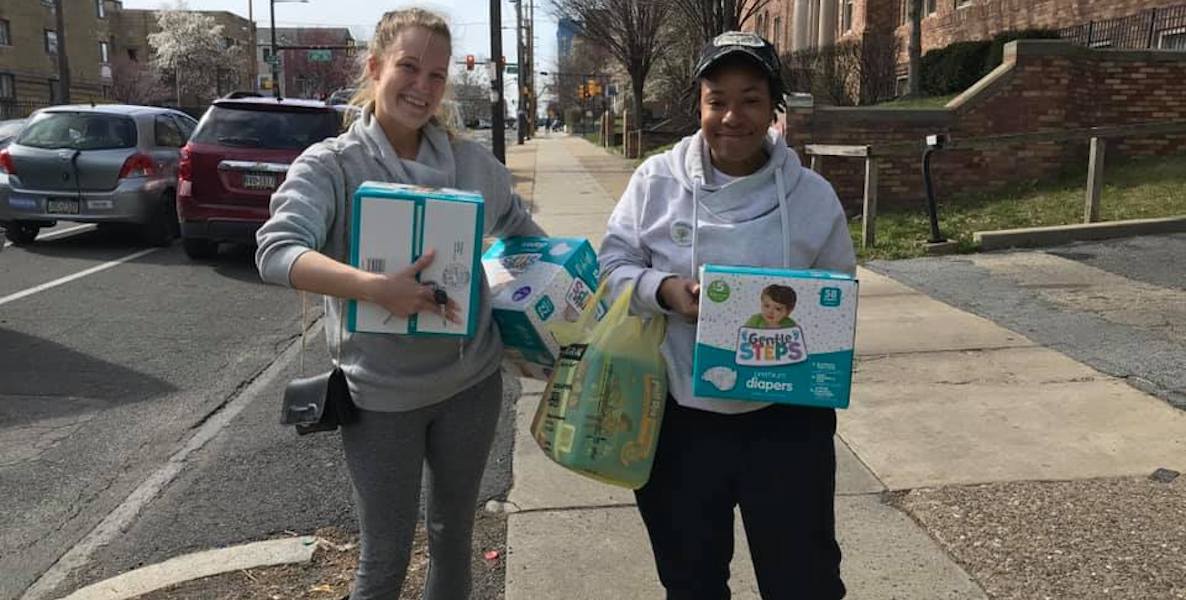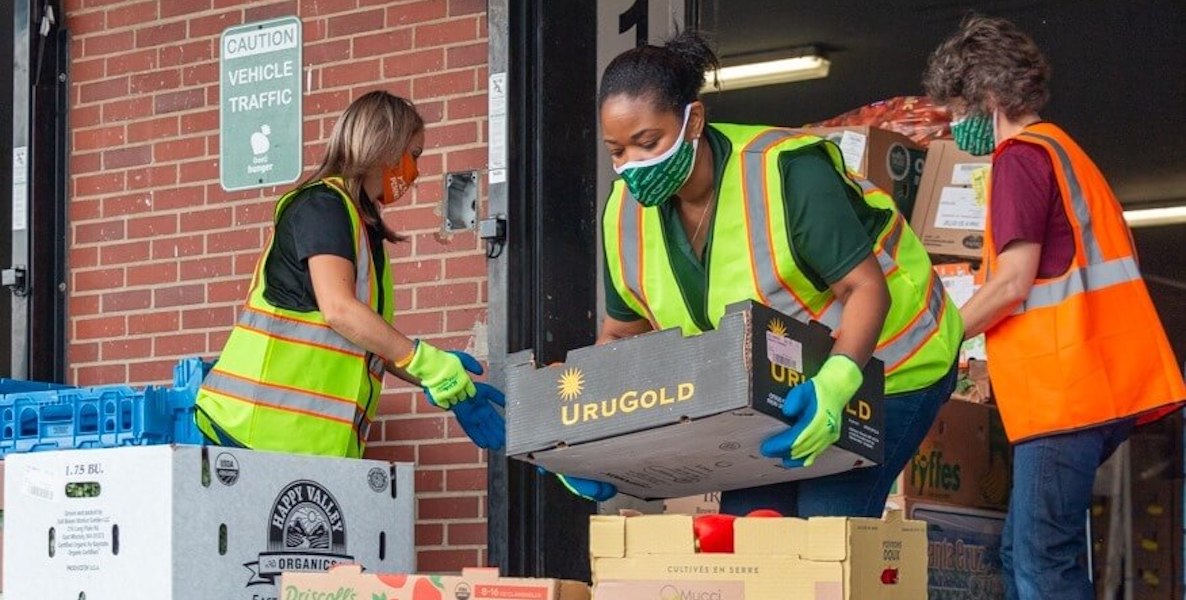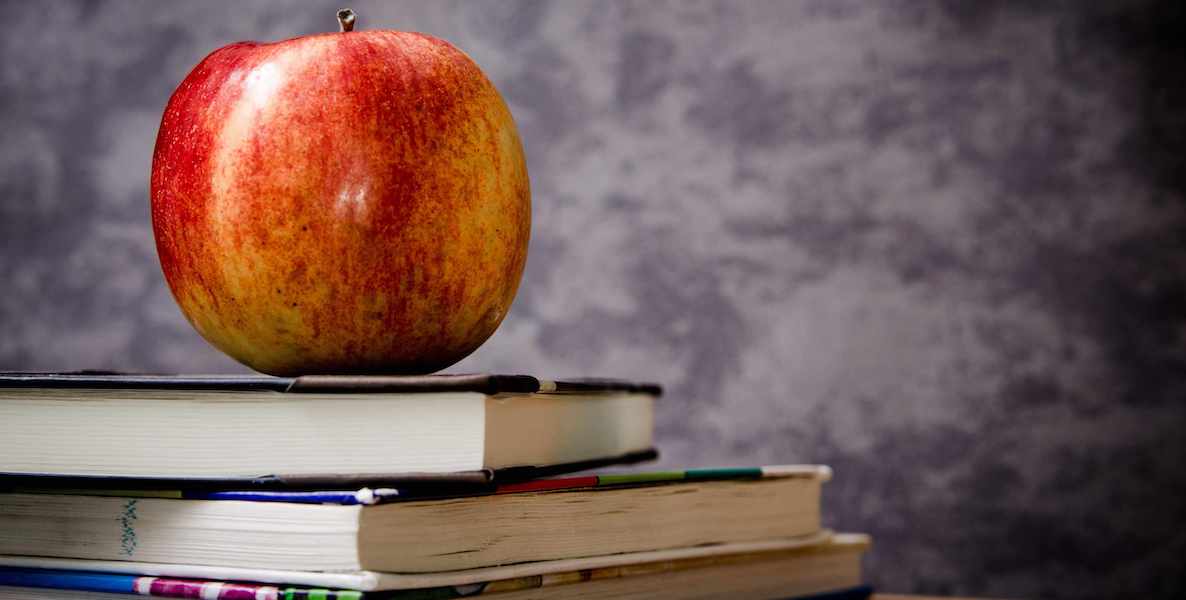Dear Educators,
Whether you teach preschoolers, middle schoolers, or graduate students, I see you.
This is really scary. We all have so much to think about and do right now—for ourselves and our families and friends. So much to figure out in our homes, in our work, and in our communities. This is going to be a marathon of care, compassion, and flexibility. And this? This is a lot.
It’s a lot for our students. It’s a lot for the wiggly kindergartner who isn’t ready, Let it goDo Something
But it’s also a lot for you.
In the midst of all of this, if you’ve been able to offer your students remote-, online-, or home-learning, thank you. But I’m sorry if you were forced to do that while simultaneously preparing for and responding to a terrifying pandemic. That’s an unreasonable expectation, to put it mildly. You deserve some time and space to deal with all of what this has brought upon us—and to focus on you, your loved ones, and your community.
On a good day, without a pandemic, with lots of planning and training for online education… both educators and students have a very wide range of abilities for- and access to technology. And on a good day, without a pandemic, they have a wide range of capacities for learning and watching and planning and teaching from home.
And this? This is not a good day without a pandemic.
It is not a time with lots of planning and training for online education. None of us signed up for this, but we love our students, so we will do what we can because we know that familiar expectations and routines will help some students feel secure. So again, helping with that is a lovely thing to do.
You deserve some time and space to deal with all of what this has brought upon us—and to focus on you, your loved ones, and your community.
But whatever you can provide? It’s good enough. And whatever students and families can (or want to) do? It’s good enough, too. Schooling should be optional for everyone right now. No keeping score. No schedule or expectation that it looks a certain way or meets a certain standard. That’s inequitable for students, and it’s too much to ask of you right now. Whatever it is, whatever you have, whatever you do or don’t do… it’s good enough.
Look out for each otherDO MORE
Our “downstairs brains” are in constant battle with our “upstairs brains” just to make all of the decisions and get through the day. Maslow’s basic needs are under fire.
The pressure to “keep them learning” is at best artificial and at worst harmful. Keep them learning? In the midst of a pandemic? There is so much to do right now, so many competing demands and critical decisions to be made. Life right now is simply exhausting, but every single second of it? We are learning.
So even if your students don’t log in to your well-crafted Zoom lecture, and even if they don’t scribble so much as their first names on that lovingly xeroxed packet, and even if Fortnite and TikTok and Snapchat win the day, every day… please don’t worry.
Whatever you can provide? It’s good enough. And whatever students and families can (or want to) do? It’s good enough, too. Schooling should be optional for everyone right now. No keeping score.
Because human development isn’t tied to schooling. We are all learning all the time. And right now? Humans are learning so much, and we are learning it at all under duress at warp speed.
What are we learning? We are learning what a pandemic is.
What is a virus?
How does it spread?
How do we stop it?
What do we know about it?
What don’t we know yet?
How can we find out?
We are debating about what local vs. state vs. national governments can and should do.
And reviewing the histories of previous outbreaks, searching for clues.
This is a study in comparative government and an examination of how statistics can predict impact.
How outbreaks multiply-or not- based on our behavior.
We are feeling how challenging it is to lose access the people and places we love.
How communities pull together.
How personal relationships can be both beautiful and difficult.
How our routines can keep us healthy, but how we must be adaptable.
We are predicting how many months of medicine will we need.
How long will our toilet paper last?
What’s the supply chain for the food we eat?
What are essential and non-essential services?
How can we stay physically and mentally healthy?
What is safe?
What is risky?
How do germs spread?
What can I do to move my body when I have to stay inside?
How can we social-distance and stay connected?
How can we be creative? Flexible? Adaptable? Loving?
Who needs care right now? Who is most at risk?
How does identity shape this experience?
What are wants vs. needs?
What do I need to feel safe?
How does capitalism compare to socialism, and democracy to autocracy?
How can we flatten the curve?
How do goods move through the U.S.?
How do we build community?
And how do we speak out against xenophobia, inequities, and racism?
We are discovering where continents, countries and cities are on a map, and why that knowledge matters.
We are asking ourselves about the greatest good for the greatest number.
What is ethical?
Who decides?
Who has power?
Who doesn’t?
Why?
We are learning that science really, really, really matters.
And that healthcare workers and delivery workers and the people working the checkout registers at the supermarket… are superheroes.
We are asking questions about how the stock market works and learning the hard way what marks a century.
We are discovering how personal hygiene keeps people healthy and realizing that washing hands is a radical act of community care.
This is a study in how my behavior impacts others.
An investigation into what reliable vs. unreliable sources are, and how the right sources and transparent information can mean the difference between life and death.
Why are the systems we’ve had in place leaving so many of us vulnerable?
How do we organize for change?
And how do we use this once-in-a-century moment to create a better, more sustainable, and just world?
Whew. That’s a really long list, but I still missed a ton. Did you think of others? We could be adding about a zillion things per minute right about now.
History? Immunology? Virology? Statistics? Geography? Social-emotional Philly Children’s MovementLearn More
You can check all of those boxes.
We know that remote and take-home learning could allow some students and families structure and routine in scary times. It’s a lovely thing to offer. But it isn’t equitable, accessible or reasonable to require that of any of us right now.
So please, let go of the unreasonable expectation and strain of schooling right now… because every single one of us is doing plenty of learning.
What educators, students, and families—in fact, what humans need right now, is to attend to our most basic needs of safety and security. To drop the “musts” and focus on the possible. The doable. What that looks like will be different for everyone, and it will continue to shift on an hourly basis.
So please let go of schooling expectations, take care of each other, reach out to your students and families if you can, and be well.
Because there’s more than enough happening right now to “keep them learning.”
In solidarity,
Jen Bradley
Jen Bradley, Ph.D., has four great kids who range in age from middle school through college. She is currently a Visiting Assistant Professor of Educational Studies at Swarthmore College and a co-founder of the Philly Children’s Movement. This piece originally appeared on Beyond the Stoplight.
Photo courtesy pxfuel






